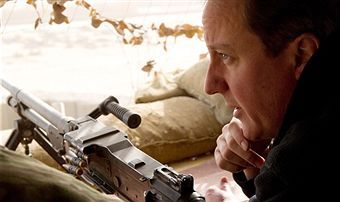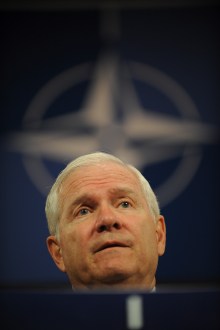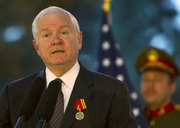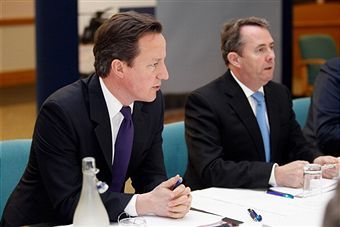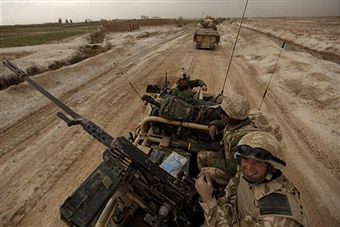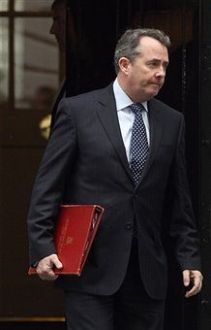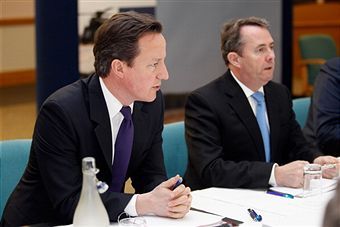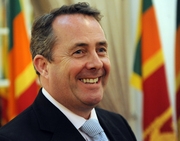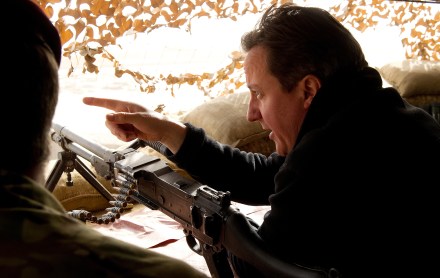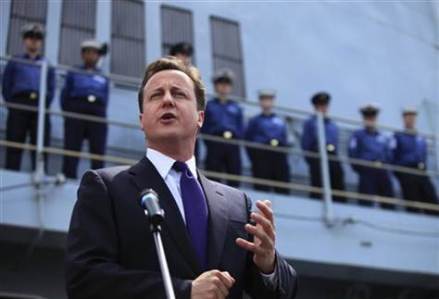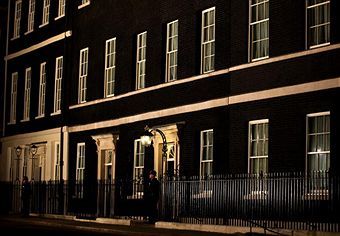Night of the generals
Last night, Admiral Sir Mark Stanhope, the First Sea Lord, said that the aircraft carrier and the jump-jets that were scrapped in last year’s strategic defence review would have made the mission in Libya more effective, faster and cheaper. His comments follow Robert Gates’ assertion that Britain and France were struggling to lead the Libyan operation without substantial American support. It follows, in the mind of Stanhope at least, that defence cuts are impeding Britain’s military capability. This morning, Rear Admiral Parry (rtd) supported Stanhope. He told the Today programme: “I believe that he should have said that the Strategic Defence and Security Review was flawed – it defied strategic
